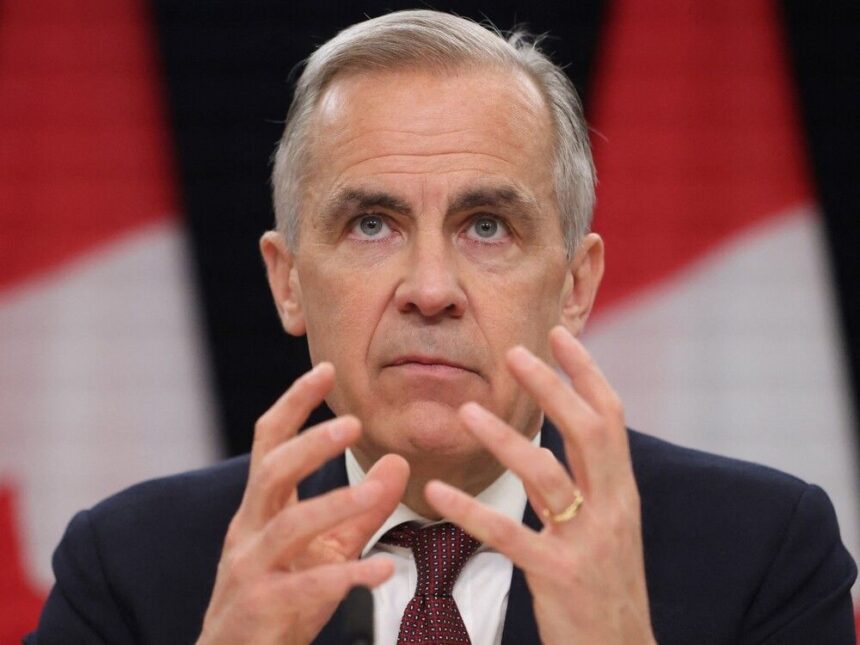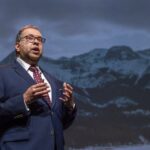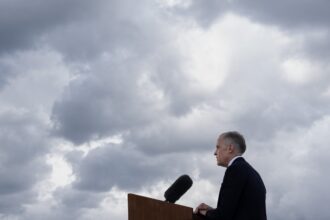The corridors of power in Washington DC witnessed a notable Canadian presence this week as former Bank of Canada governor Mark Carney made a discreet yet significant visit to the White House. This rare cross-border economic consultation comes at a critical juncture for both nations facing intertwined economic challenges amid global uncertainty.
Carney, who also previously headed the Bank of England, met with senior Biden administration officials to discuss pressing economic concerns affecting North American stability. Sources familiar with the discussions indicated the talks centered on inflation strategies, supply chain resilience, and potential collaborative approaches to managing economic headwinds that have persisted post-pandemic.
“This visit represents more than routine diplomatic exchange,” noted Dr. Elaine Thompson, professor of international economics at the University of Toronto. “When someone of Carney’s caliber crosses the border for high-level consultations, it typically signals preparation for significant policy coordination.”
The timing of Carney’s White House appearance has raised speculation among economic analysts about Canada potentially recalibrating its fiscal approach. With both nations grappling with inflation concerns and monetary policy challenges, the consultation suggests Ottawa may be seeking alignment with Washington on several fronts.
Canadian Finance Minister Chrystia Freeland’s office released a carefully worded statement acknowledging the visit while emphasizing Canada’s economic sovereignty: “While we value our American partnership, Canada’s economic policies remain independently determined based on domestic priorities and global realities.”
This diplomatic engagement occurs against a backdrop of recent Canadian political turbulence regarding economic direction. Prime Minister Justin Trudeau’s government has faced mounting criticism over housing affordability, cost-of-living pressures, and accusations of reactive rather than strategic economic planning.
The White House similarly confirmed the meeting through Press Secretary Karine Jean-Pierre, who characterized it as “part of ongoing engagement with key international economic partners” while declining to elaborate on specific agenda items discussed.
Carney’s dual Canadian-British citizenship and extensive international connections position him uniquely in the global economic landscape. His reputation for steady financial stewardship during the 2008 crisis and the Brexit transition has made him a trusted voice in economic crisis management.
“The involvement of someone with Carney’s transnational experience suggests both governments recognize we’re at an inflection point requiring coordinated thinking,” explained Robert Schultz, senior economist at Royal Bank of Canada. “His ability to bridge North American and European economic perspectives gives him particular value when global systems face simultaneous pressures.”
For Canadian citizens watching from home, this Washington consultation raises important questions about the direction of domestic economic policy. Will this engagement translate to tangible benefits for everyday Canadians struggling with persistent inflation and housing concerns, or will it primarily serve institutional and corporate interests across the continent?
As markets and households alike navigate uncertain economic waters, the question remains: Does this high-level consultation herald a new era of North American economic coordination, or does it simply represent a momentary alignment of interests between nations searching independently for solutions to shared problems?


















